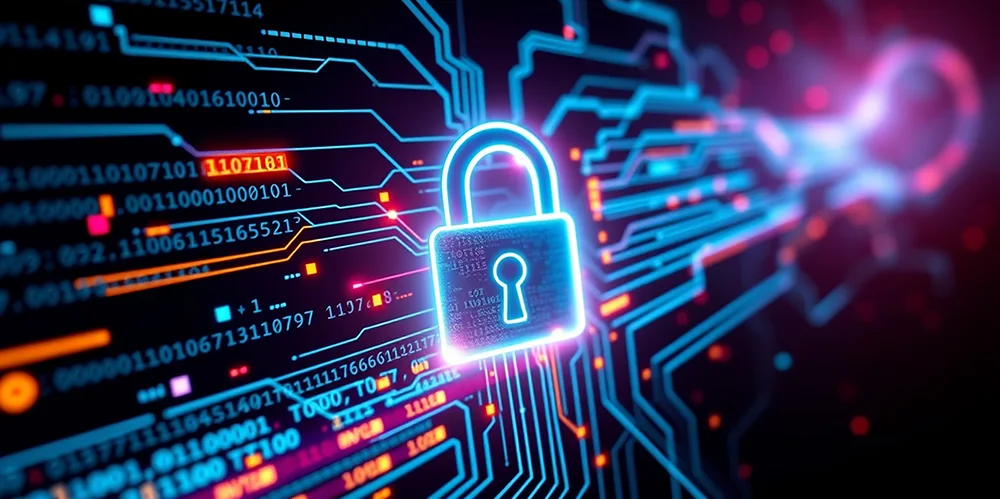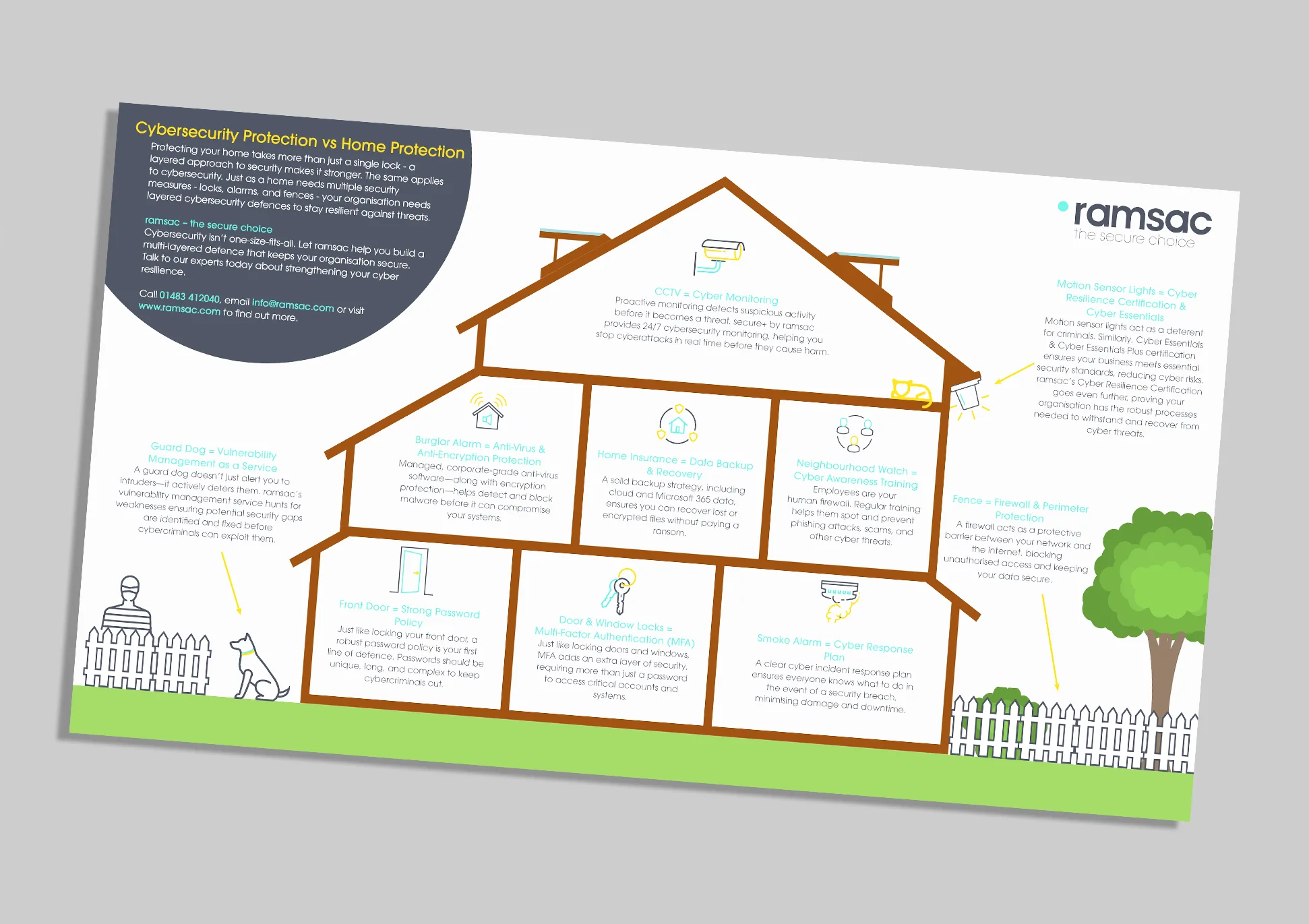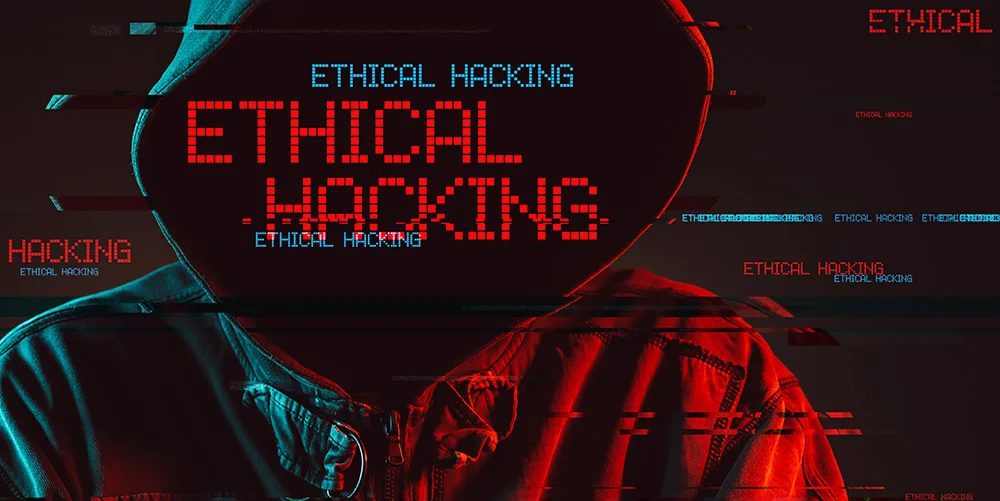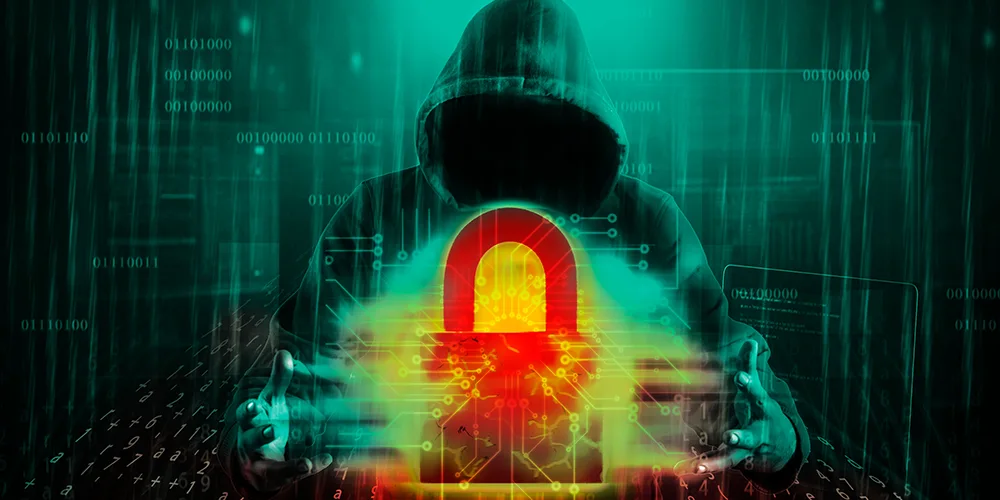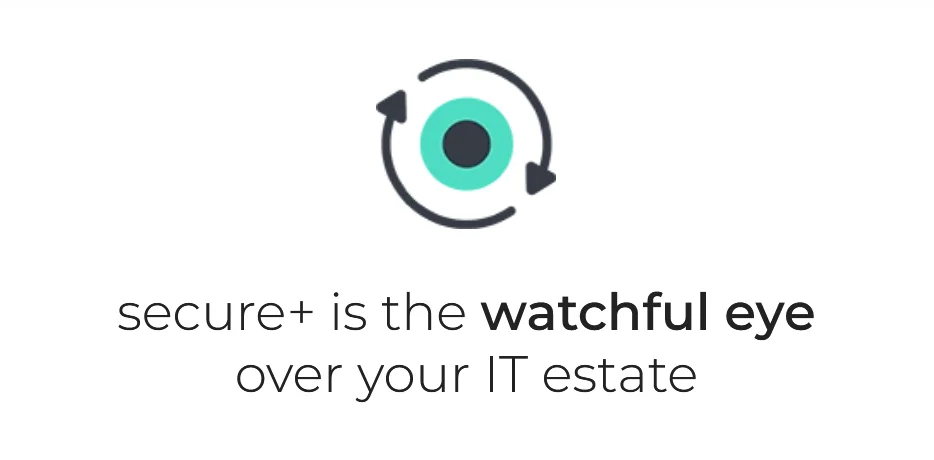Introducing the Cyber Resilience Certification from ramsac
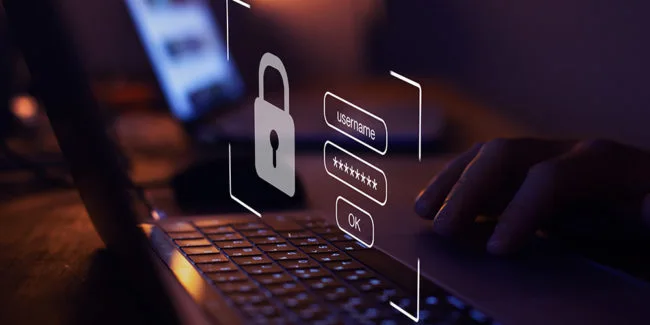
Posted on May 3, 2022 by Louise Howland
In 2021 a quarter of all UK charities reported a cyber breach and 65% of medium sized businesses in the UK experienced a cyber-attack, these are depressing statistics. We know that all organisations are on a cyber resilience journey. For some, they are right at the beginning and just starting to think about how they can better secure their data, for others, they are ahead of the curve, they’ve taken all reasonable steps and they are doing their best to continue to evolve in line with best practice and the latest threats.
ramsac is committed to helping organisations to protect themselves against cybercrime, to help organisations understand where they are on their cyber resilience journey, we have created the ramsac Cyber Resilience Standards.
Drawing on 30 years’ experience of managing IT risks for a wide range of organisations, the ramsac cyber resilience certifications is a comprehensive standard which provides a best practice guide for organisations to work towards.
The assessment & certification process
Our experienced IT security professionals will undertake an in-depth audit of your IT estate. The result of our assessment will be a detailed report identifying IT and cyber risks, with a practical suggestion of how each finding can be addressed. We’ll rank our recommendations in ‘red, amber, green’ priorities and work with you to identify easy to address changes, as well as recommending longer term plans for more complicated findings.
We will establish where you are against each of the three levels of our standard, and give you a breakdown showing where you meet, partially meet or fail to meet each criteria, enabling us to work out whether you’re already achieving Bronze, Silver or Gold and then issuing you with your certificate, which you can use to demonstrate your commitment to cybersecurity.

Cyber Resilience Certification
Looking for more information on how the cyber resilience certification can improve your cybersecurity protection for your organisation? Download our factsheet.

